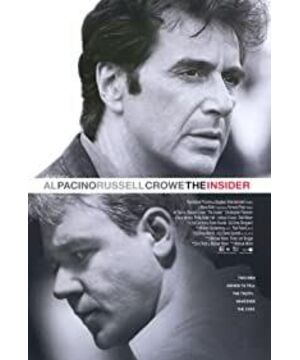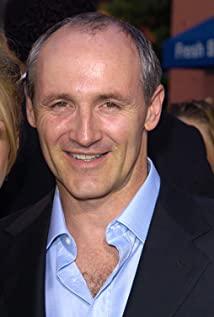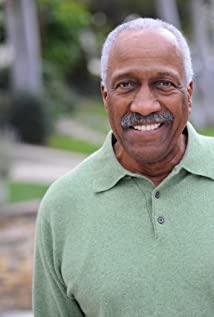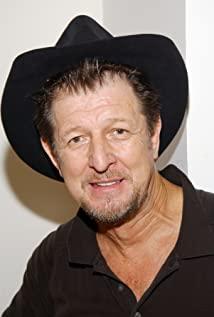Mike Wallace:
You heard Mr. Sandefur say before Congress that he believed nicotine was not addictive.
Jeffrey Wigand:
I believe Mr. Sandefur perjured himself because I watched those testimonies very carefully.
Mike Wallace:
All of us did, and it was this whole line of people, whole line of CEOs up there, all swearing.
Jeffrey Wigand:
Part of the reason I'm here is that I felt that their representations clearly misstated - at least within Brown and Williamson's representation - clearly misstated what is common language within the company: "We are in the nicotine delivery business."
Mike Wallace:
And that's what cigarettes are for.
Jeffrey Wigand:
A delivery device for nicotine.
Mike Wallace:
A delivery device for nicotine. Put it in your mouth, light it up, and you're gonna get your fix.
Jeffrey Wigand:
You're gonna get your fix.
Mike Wallace:
You're saying that Brown and Williamson manipulates and adjusts the nicotine fix not by artificially adding nicotine but by enhancing the effect of nicotine through the use of elements such as ammonia?
Jeffrey Wigand:
The process is known as "impact boosting". While not spiking nicotine, they clearly manipulate it. There was extensive use of this technology known as "ammonia chemistry". It allows for the nicotine to be more rapidly absorbed in the lung and therefore affect the brain and central nervous system. The straw that broke the camel's back for me, and really put me in trouble with Sandefur, was a compound called coumarin. When I came on board at B. and W., they had tried the transition from coumarin to a similar flavor that would give the same taste, and had been unsuccessful. I wanted out immediately. I was told that it could affect sales, so I should mind my own business. I constructed a memo to Mr. Sandefur indicating I could not in conscience continue with coumarin, a product we now know and we had documentation was similar to coumadin, a lung-specific carcinogen.
Mike Wallace:
And you sent the documents to Sandefur?
Jeffrey Wigand:
I sent the documents forward to Sandefur. I was told that we would continue to work on a substitute but we weren't going to remove it as it would impact sales, and that was his decision.
Mike Wallace:
In other words, you were charging Sandefur and Brown and Williamson with ignoring health considerations consciously?
Jeffrey Wigand:
Most certainly.
Mike Wallace:
And on March 24th, Thomas Sandefur, CEO of Brown and Williamson, had you fired. And the reason he gave you?
Jeffrey Wigand:
"Poor communication skills."
Mike Wallace:
And you wish you hadn't come forward? You wish you hadn't blown the whistle?
Jeffrey Wigand:
Yeah, at times I wish I hadn't done it. There were times I felt compelled to do it. If you ask me would I do it again, do I think it's worth it? Yeah, I think it's worth it.











